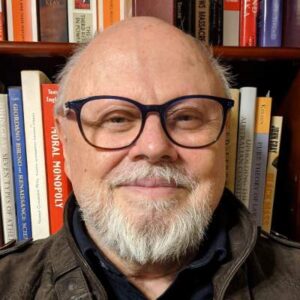“Freedom of Religion or Belief” is Dead

Pasquale Annicchino is a senior assistant professor of law at the University of Foggia (Italy). He is a member of the OSCE/ODIHR Panel of Experts on Freedom of Religion or Belief.
How many times have we used the phrase “freedom of religion or belief”? Could it be that we have been mistaken in employing that phrase all along? The rapid pace of technological change might necessitate a reevaluation, bringing us back to the original phrasing in Article 18 of the Universal Declaration of Human Rights: “freedom of thought, conscience and religion.”


